For the FIFA World Cup Qatar 2022, Mowasalat (Karwa) will use about 4,000 buses to transport spectators.
“To accommodate the massive athletic event, we have added nearly 2,300 buses. A total of 4,000 buses, including those used for public transportation, will be used, according to Khalid Kafoud, Director of Public Relations and Communications at Mowasalat (Karwa). In an interview with Qatar Radio yesterday, he stated that 800 taxis will also be run by Karwa during the World Cup. Additionally, a new “Karwa-Fox” economy service with approximately 1,300 taxis began recently in collaboration with Fox Transport.
He said the service will provide passengers with ease of access to budget-priced transportation through the Karwa Taxi App.
“Following the efforts by Qatar to provide eco-friendly transportation, Mawasalat Karwa has over 850 electric buses which are operating with zero carbon emissions and are noise-free,” said Kafoud.
He said the company has over 1,600 hybrid buses, the latest diesel powered fleet, working with euro-6 engine and using RW technology to remove negative effects caused by smoke of vehicles. Regarding electric charging station, he said: “All electric bus charging stations are working with full capacity. Fast charging stations have also been installed at various places across the country.”
He said this will make Qatar the first FIFA World Cup host using this high number of electric buses and electric and hybrid taxies to reduce the carbon emissions drastically during the tournament.
“The public transport fleet which will be used during the World Cup will leave a legacy for sustainable transportation system of Qatar,” said Kafoud.
He said Mowasalat (Karwa) has been preparing for years for the World Cup with an action plan for providing buses, drivers and training programmes among others.
On September 21 and 22, the company executed a demo run to test over 2,300 tournament service buses across 80 routes, mirroring the days with the highest ridership during the World Cup.
“The test aimed at evaluating the readiness of workforce, operation capacity of the fleet. Simulation of ferrying fans from accommodation to stadiums took place during the test run of the buses.”
He stated that the road networks, including metro stations and airports, have been tested to verify their preparation for the event given the anticipated large number of fans during the World Cup. In order to serve the demands of residential areas, we have added 90 additional electric buses to the Metrolink fleet, according to Kafoud.
According to him, these buses are ideal for residential areas due to their size. They are entirely electric, emit no carbon dioxide and guarantee smooth operation because they are essentially noiseless. From October 1, these buses will be in service, the official announced.


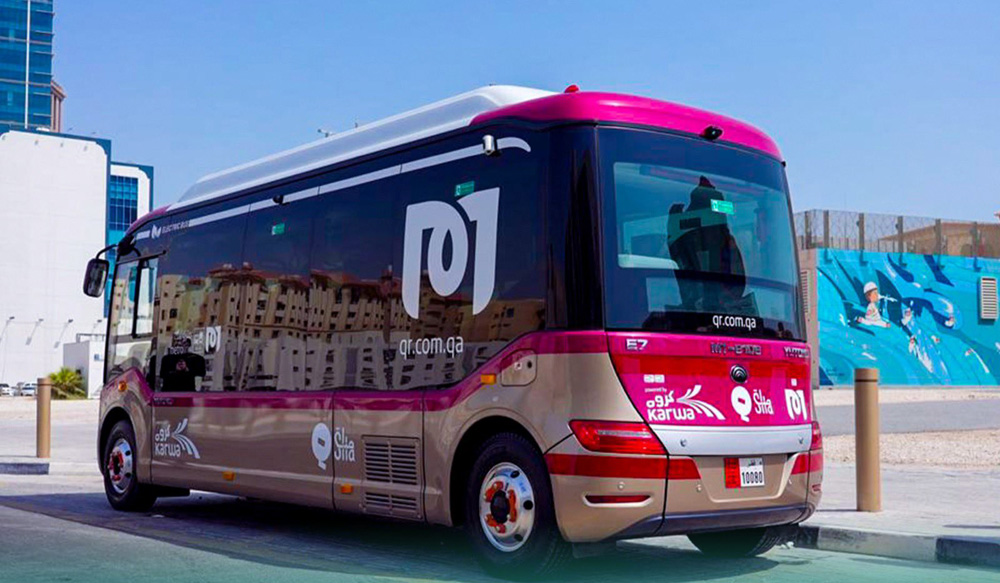
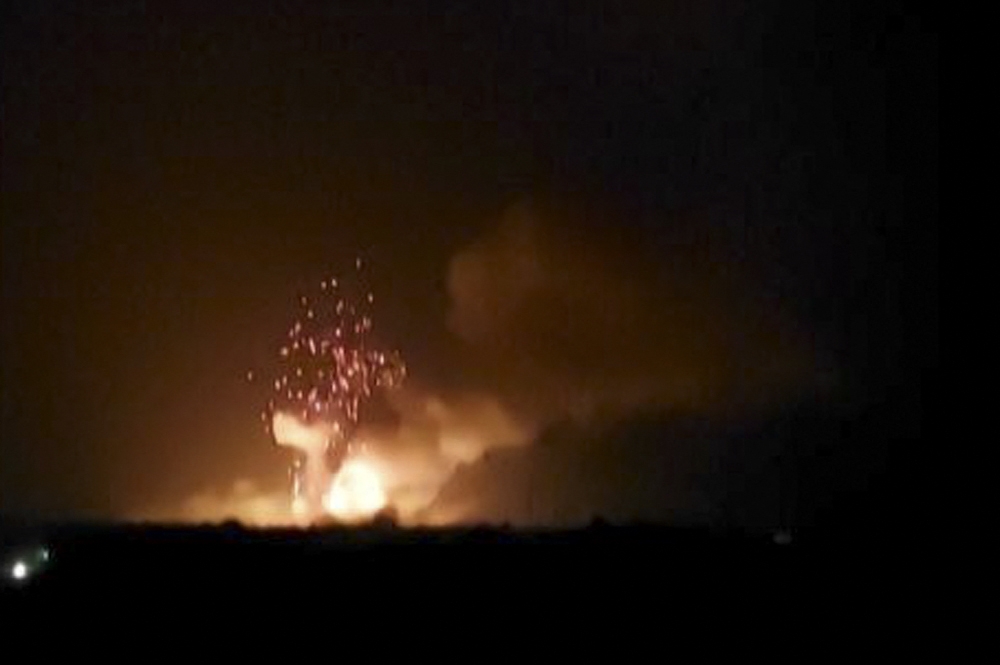
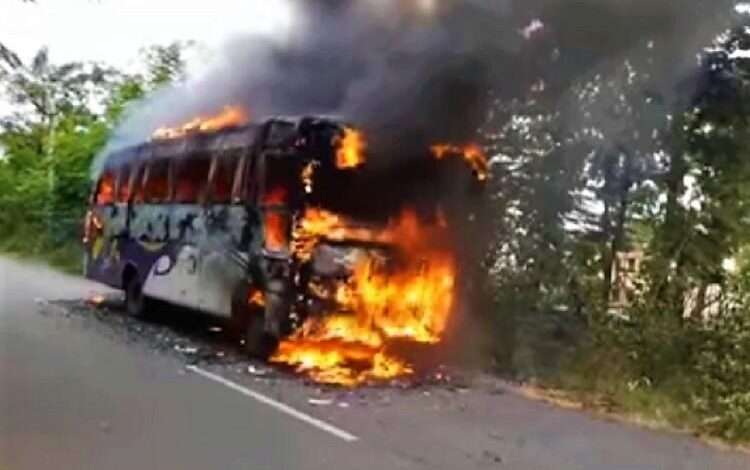
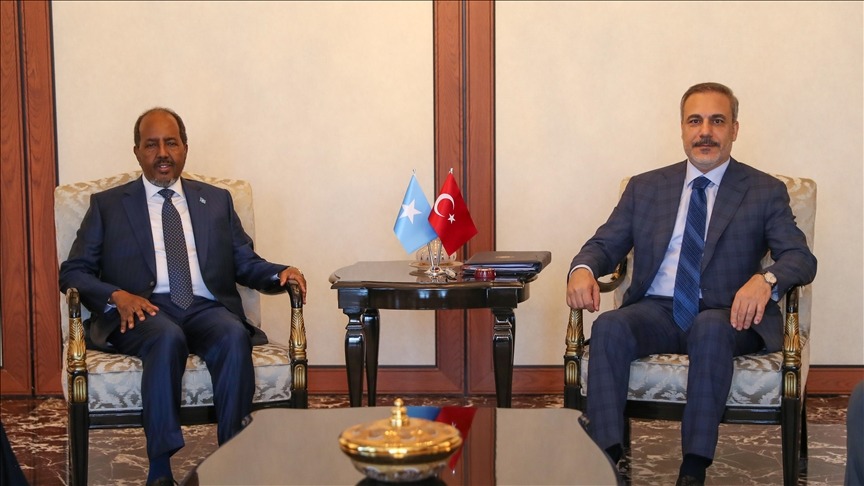
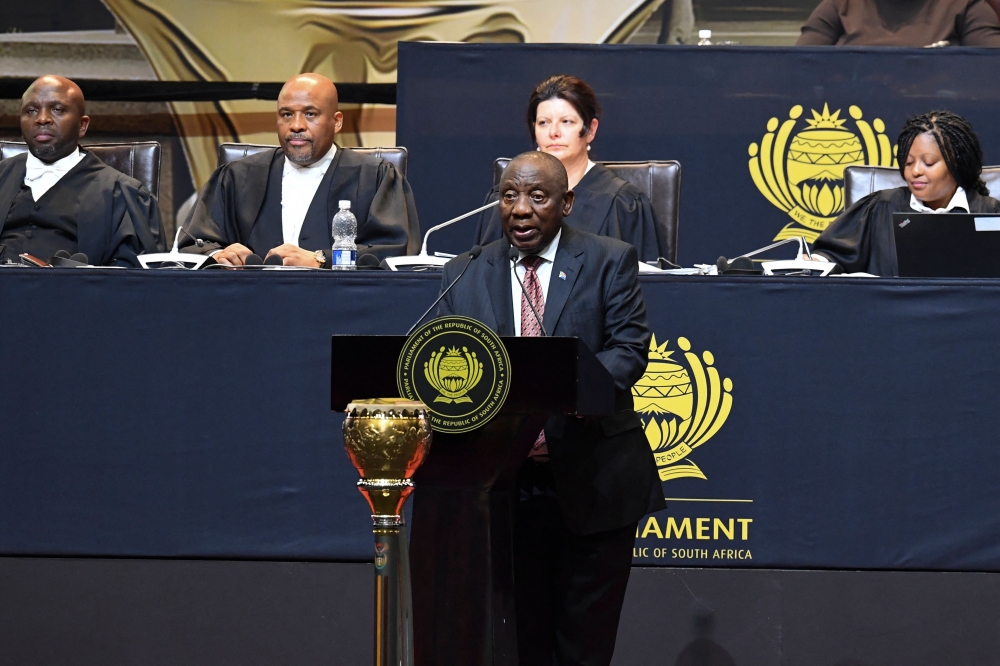
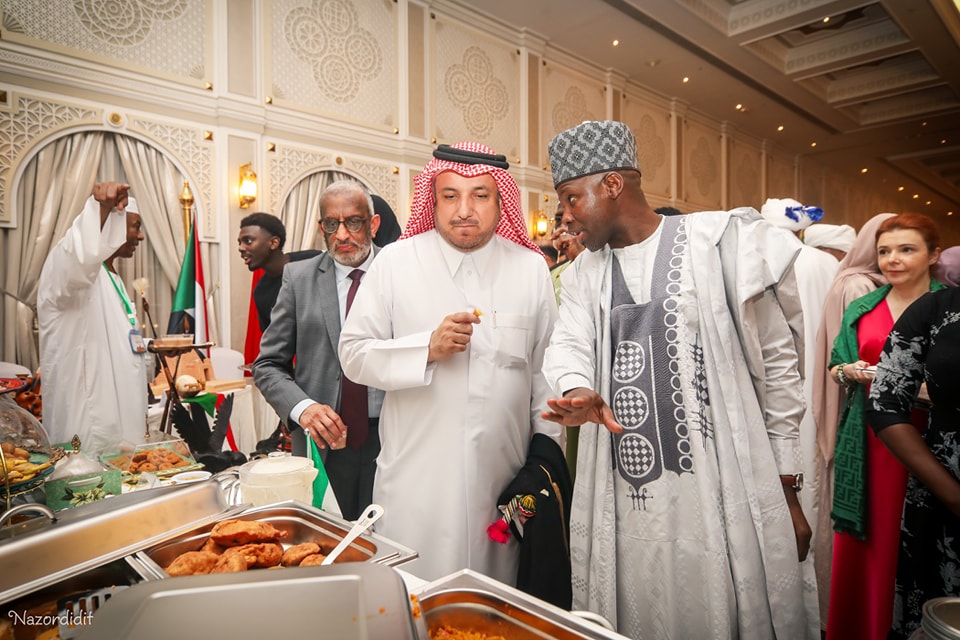
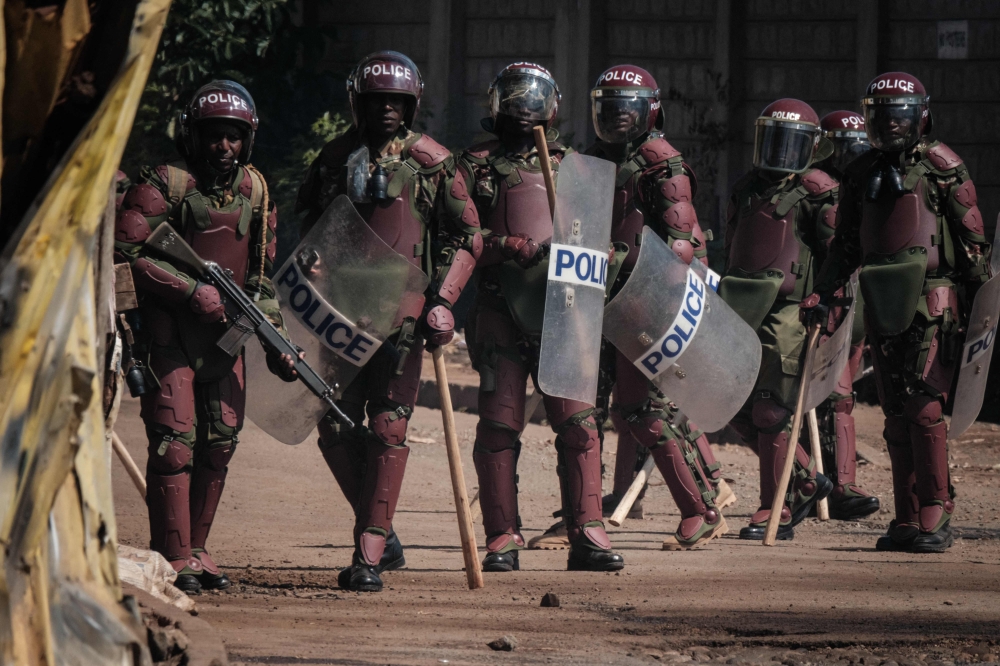
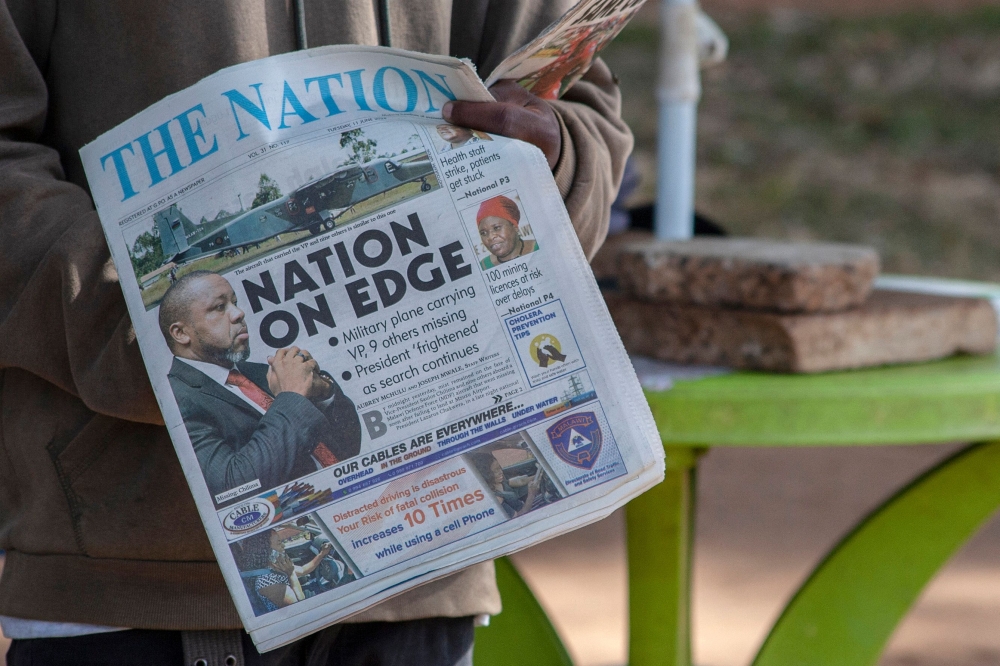
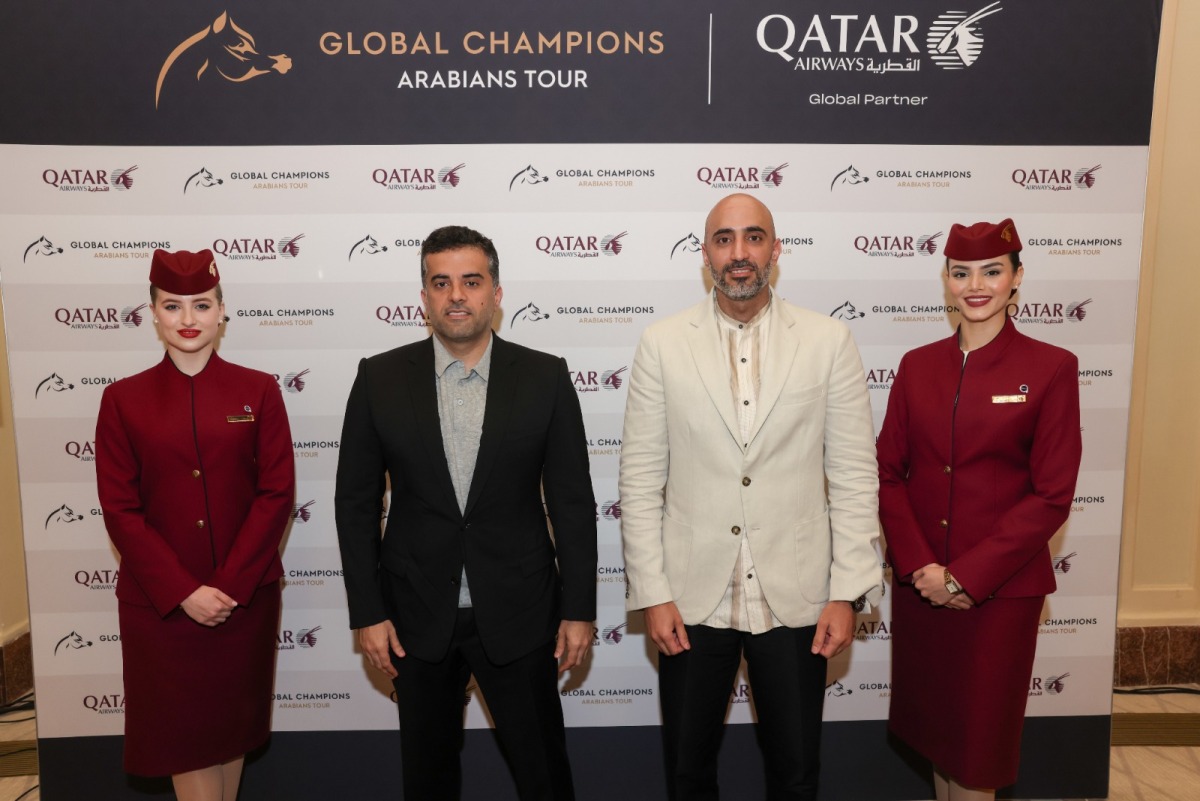
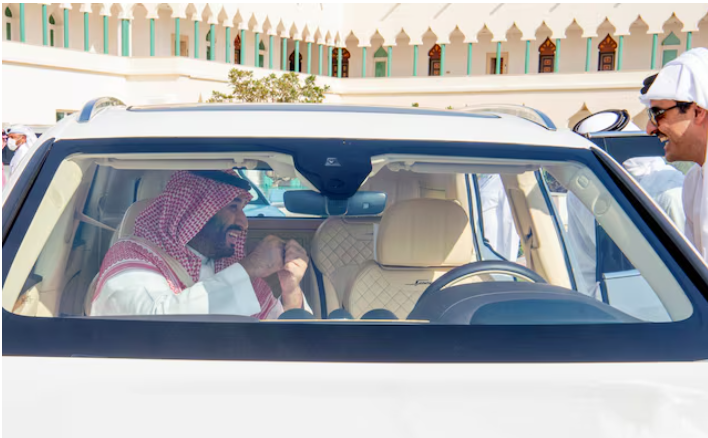
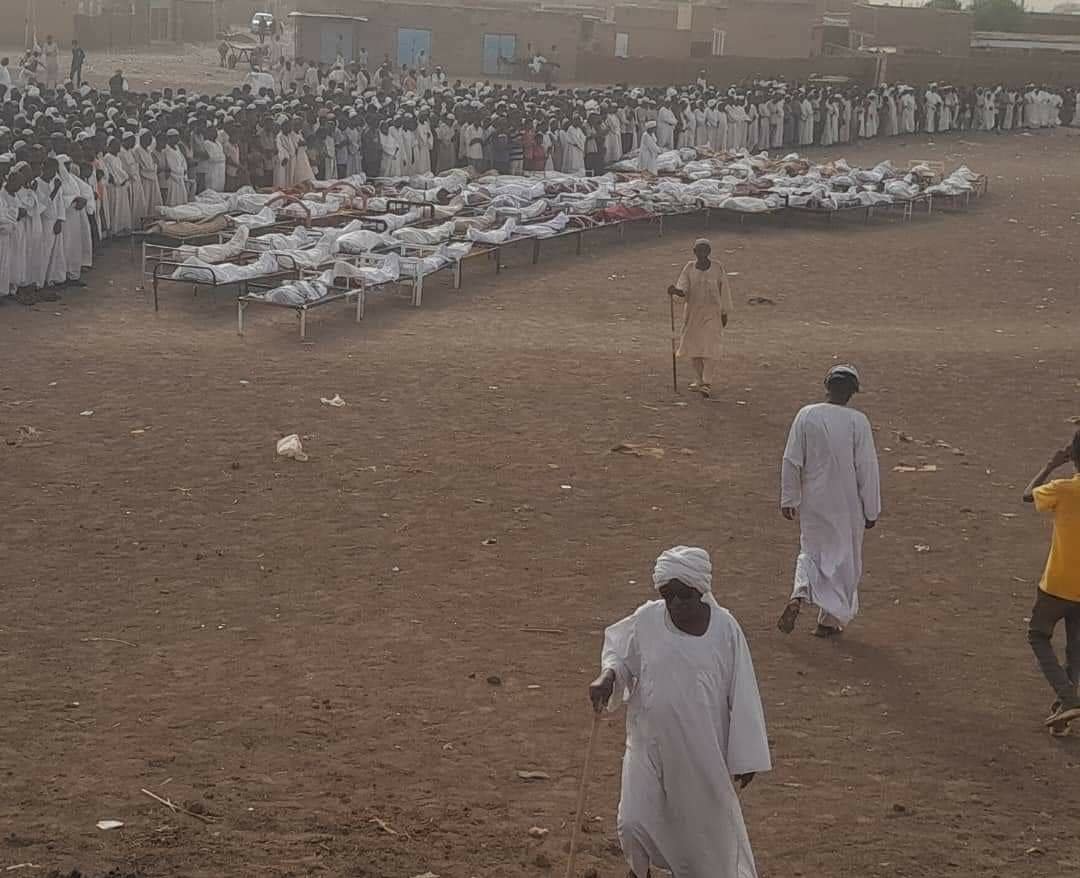




Leave a Reply